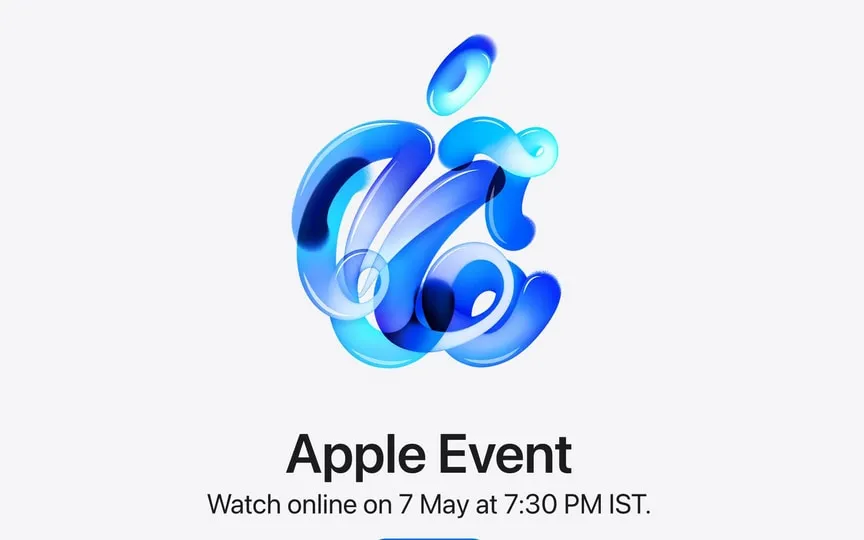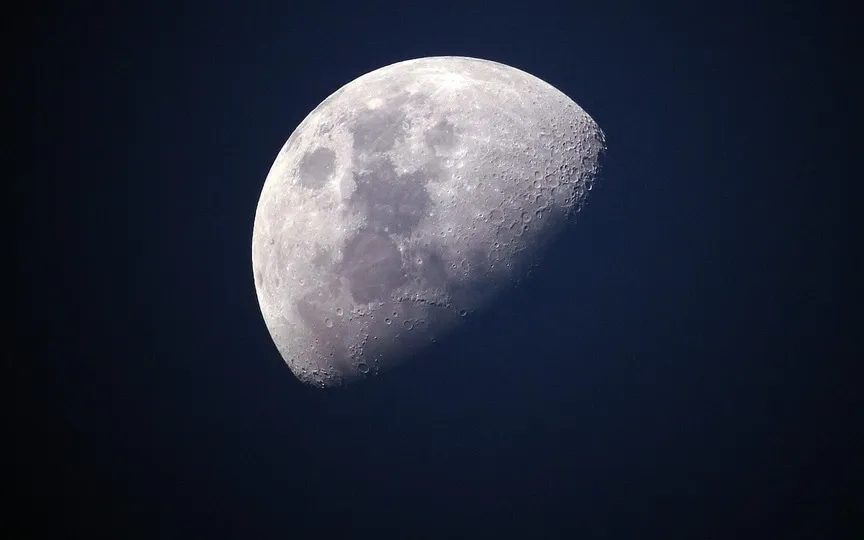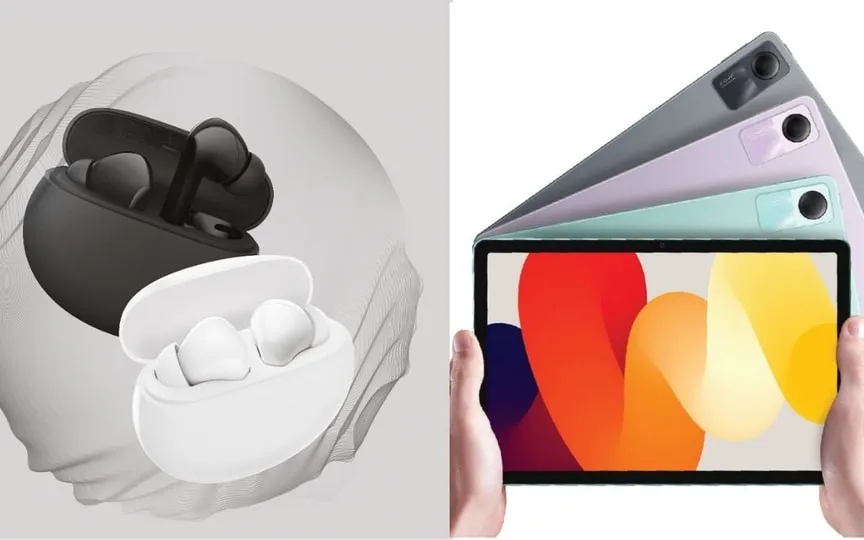Nine Companies Receives Crucial Lithium-Ion Battery Recycling Technology from IT Ministry, Letters of Intent Issued to Others
On Friday, the Ministry of Electronics and Information Technology handed over economical technology for recycling lithium-ion batteries to nine recycling firms, while nine others received letters of intent at Niti Aayog.
MeitY has developed this technology in collaboration with the Government of Telangana and industrial partner Greenko Energies Pvt. Ltd., as part of the Center of Excellence for Electronic Waste Management established at Center for Electronics Materials Technology (C-MET), Hyderabad.
Industries and startups that have received Besa technology include Lithium-Ion Batteries Pvt Ltd, Mahalaxmi Metalalloys (India) Pvt Ltd, Nexus Renewable Solutions, Remine India Pvt Ltd, Re-Sustainability Ltd, San Automobile Industries Pvt Ltd, SAM-VIK Marketing and SPEGSY Pvt Ltd. and Ved Prakash Vinay Kumar.
The companies that have received LOIs are CENALL E-waste, Eco Recycling Ltd, Hayat E-Recyclers Pvt Ltd, Elgreen Recycling Pvt Ltd, Project Engineering Service & Consultancy (PESCONS), SBS Paper Recycling Pvt Ltd, Ush India Recycler Pvt Ltd and Wagulde Industries . Pvt Ltd and ZP Technologies Pvt Ltd.
The event was attended by Alkesh Kumar Sharma, Secretary Meity, Bovnesh Kumar, Additional Secretary Meity, BVR Subrahmanyam, CEO, Niti Aayog and others. Telangana Government Chief Secretary Jayesh Rajan also attended the technology transfer event virtually and urged all nine technology beneficiaries to set up facilities in Hyderabad as soon as possible.
This original technology can treat a variety of discarded lithium-ion batteries and recover more than 95 percent of the lithium (Li), cobalt (Co), manganese (Mn) and nickel (Ni) content as corresponding oxides or carbonates with a purity of about 98%. percent.
The recycling process includes filtration followed by hierarchical selective mineral extraction by solvent extraction. This recycled raw material can be used to make batteries or for other future uses.
Dr. R Ratheesh, Director, C-MET Hyderabad, while introducing the technology, cited a report by Niti Aayog that by 2030, the total lithium battery storage requirement in the country will be around 600 GWh and lithium batteries around 125 GWh. ready for recycling.
Referring to the report, Ratish said the black mass (used to describe electronic scrap made up of cobalt, nickel, copper and lithium) would be 3,60,000 tonnes.
He further said, “Currently, all the black masses are going to China and Korea for recycling. So I think we have started the recycling initiative at the right time and I request the authorities to ban the export of these materials so that we can support the Indian industry to develop more recycling initiatives. .
CEO Niti Aayog, while praising MeitY and C-MET, also echoed similar thoughts and stated that it is time to reduce dependence on other countries, as recycling technology makes it possible to utilize raw materials already available within the borders from other countries instead of importing them.
“I appreciate the Telangana government for taking the lead in enabling the organization (C-MET) to come into being and participating in setting up the center and opening the bid to expand the recycling sector. We also need more states to jump into this in the same way as e-waste is distributed all over the country,” Subrahmanyam added.




